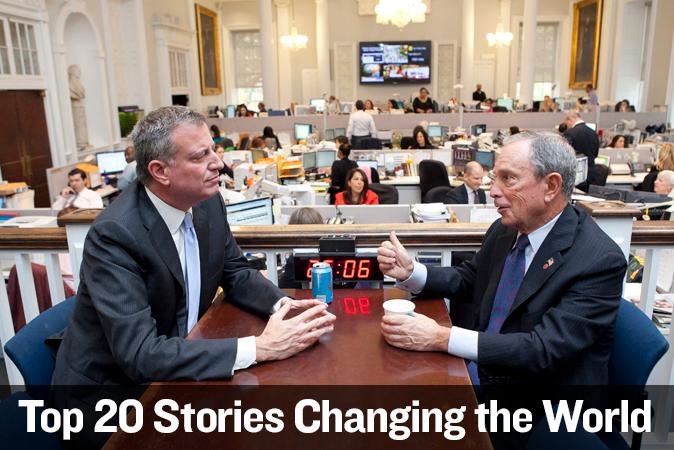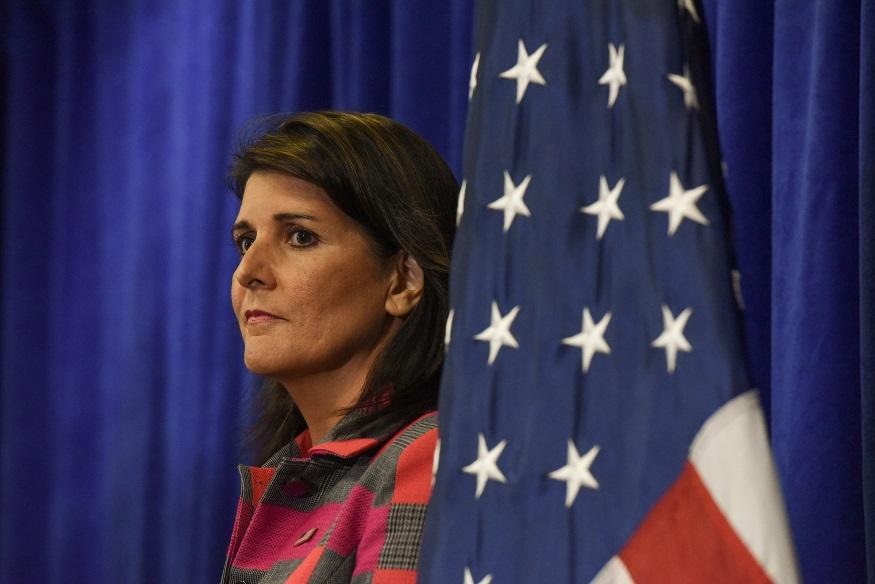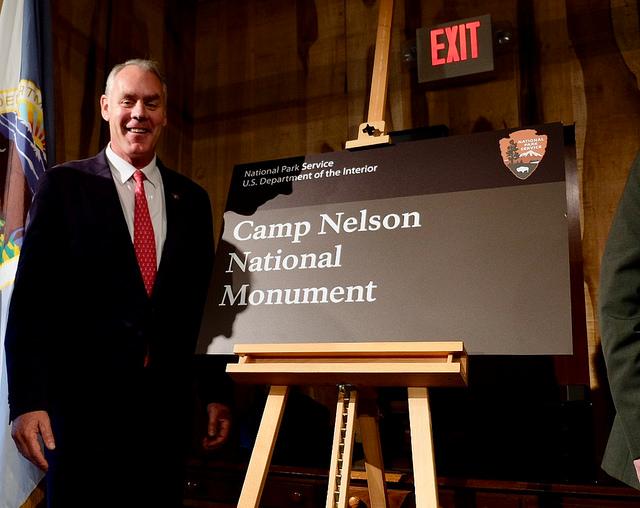As part of our comprehensive year-end coverage, Epoch Times editors have made a selection of stories that we believe are significantly changing the world. The stories are ranked from No. 20, having the least impact, to No. 1—our top pick.
Each story is based on a major news story of 2013 that will have lasting impact into 2014 and beyond. Check back daily as we countdown to Jan. 1st and our New Year.
NEW YORK—Mayor-elect Bill de Blasio will be sworn into office on Jan. 1 after securing a historic victory in the mayoral election. Bold, progressive promises helped deliver his sweeping victory.
De Blasio will head into his first few months as mayor with a head full of steam stemming from his overwhelming victory. But how he chooses to play the first few notes on several key issues during the first months in office will decide if he keeps that momentum for the remainder of his first year in office, and whether he will ultimately deliver on those promises.
Labor Contracts
Mayor Michael Bloomberg may have left the city in better shape than when he came in, but he did not do de Blasio any favors by leaving nearly all of the city’s 152 municipal labor contracts expired.
Due to the Taylor Law, the contracts have been auto-renewing, but the unions are demanding the higher raises they feel entitled to. They not only want new contracts with pay raises, but also back pay for the years they did not receive proper raises. That would cost the city roughly $7.8 billion, according to Citizens Budget Commission.
Bloomberg presented de Blasio with a balanced budget, but that budget only includes pay raises of 1.25 percent—terms the unions have rejected. With little wiggle room in his budget, de Blasio will have to make a choice: find money from other services to pay for the raises and retroactive pay or alienate the unions.
Despite the gloomy outlook, de Blasio is in a good position. He has long been a supporter of labor and the unions have been anxious to deal with Bloomberg’s successor.
De Blasio, for his part, has said he would not negotiate contracts through the media and has revealed little as to how he will deal with the issue. He has acknowledged, however, that he will have to be fiscally responsible, and finding $7.8 billion in the budget will not be possible.
De Blasio owes the unions nothing for helping him get elected. The only major union to back de Blasio during the primary, 1199 SEIU United Healthcare Workers East, is not a municipal labor union.
Souring the relationship with the unions right out of the gate by giving them a bad deal would, however, make for a rough four years for de Blasio—not to mention an uphill battle when he is up for re-election in four years.
By giving in to the unions too much de Blasio will also be left with less money to spend on new initiatives. In the worst case, he may be forced to raise property taxes.
Pre-Kindergarten Tax
De Blasio made raising taxes on individuals making over $500,000 to pay for universal pre-kindergarten and after-school programs for middle school children a cornerstone issue during his campaign. This would amount to about $973 for about 27,300 city taxpayers, according to the Independent Budget Office, a city agency.
The catch? He will have to travel to Albany and convince state legislators and the governor, all of whom are up for re-election, to grant permission. The Albany politicians have already begun touting tax cuts, and appear leery of raising taxes in the city.
The good news is nearly all of those in Albany approve of the need for universal pre-K, so de Blasio must only convince them of the method.
A recent Quinnipiac University poll shows support for the program, even upstate. De Blasio said he will focus on lobbying efforts at the grass-roots level to gain support for the plan.
This is one promise de Blasio must keep. He has said that he will not opt for a “plan B.” With no room in the city budget to fund the program, especially if more money is needed for labor contracts, getting the tax increase approved in Albany is critical.
Gov. Andrew Cuomo is not likely to leave de Blasio out to dry. They are good friends from their days at the U.S. Department of Housing and Urban Development. The two may be able to cut a deal with increased state funding, a gradual tax increase, or a variety of other creative ways to generate the $530 million needed annually to fund the pre-K program.
De Blasio has promised to have at least some of the new pre-K seats available by September, meaning he will need approval from Albany in the early part of 2014.
Stop and Frisk
The second cornerstone for de Blasio’s campaign was reforming stop and frisk, and bringing police and communities back together. He hired veteran Bill Bratton, who served as NYPD commissioner for two years during the Giuliani days, to lead this task.
Bratton and de Blasio will be given a short lease on two fronts. The communities most affected—largely African-American and Latino—are expecting stop-and-frisk numbers to continue to dramatically plunge. Any increase could stoke tensions between Bratton and the communities, even if the quality of the stops (meaning more arrests) goes up with it.
New Yorkers have also enjoyed historic dips in crime, including record lows in murders. The low crime rates have in part brought an economic boom to the city in the form of development in once dangerous parts of the metropolis, as well as billions of dollars in revenue from the tourism industry.
De Blasio will have a careful balancing act between keeping the city safe and respecting the rights of citizens—something neither he nor Bratton feel are mutually exclusive.





